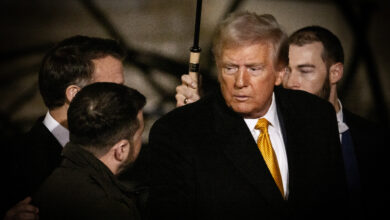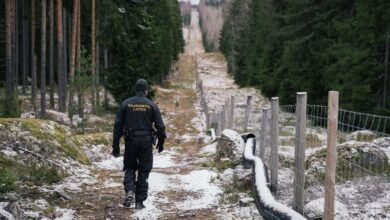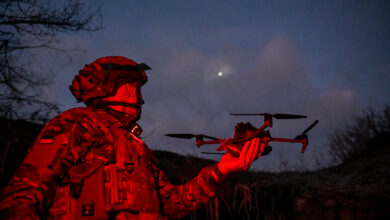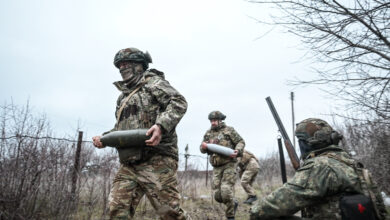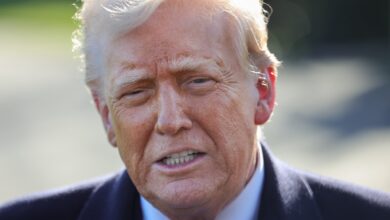OPCW to add Novichok nerve agent to banned substance list
The world’s chemical weapons agency agreed to add Soviet-era nerve agent Novichok, used in last year’s Salisbury attack against a former Russian agent, to its list of banned substances, diplomats said on Monday, January 14.
A joint proposal by Canada, the Netherlands and the United States was adopted by the 41-member executive council of the Organisation for the Prohibition of Chemical Weapons, they said.
The United Kingdom blamed Moscow for the poisoning of former Russian double agent Sergei Skripal and his daughter in the city of Salisbury, and said Novichok, a military-grade nerve agent developed by the Soviet Union during the Cold War, was used.
The OPCW executive council agreed to add two families of highly toxic chemicals, including the agent used in Salisbury, to the Chemical Weapons Convention, tweeted Sabine Nolke, Canada’s envoy to the OPCW.
“Russia dissociated itself from consensus but did not break. Thanks to all states who supported!” she said.
Member states now have 90 days to object before Novichok is formally added to the list, she added.
The Dutch foreign ministry also confirmed the decision.
U.K. ambassador Peter Wilson said it was a “good start to the OPCW year.”
Russia has strongly denied any involvement in the Salisbury attack and insists it has destroyed all of its chemical weapons.
The OPCW has confirmed that Novichok was used in the April attack and that it also poisoned a British couple exposed several months later to a perfume bottle in which the substance was allegedly stored.
British prosecutors have announced charges against two Russian officers of the GRU military intelligence service over the Salisbury attack.
The Netherlands in April last year expelled four alleged Main Directorate of the General Staff of the Armed Forces (GRU) agents suspected of trying to hack into the OPCW, using electronic equipment hidden in the boot of a vehicle parked outside a nearby hotel.
With reporting from AFP





